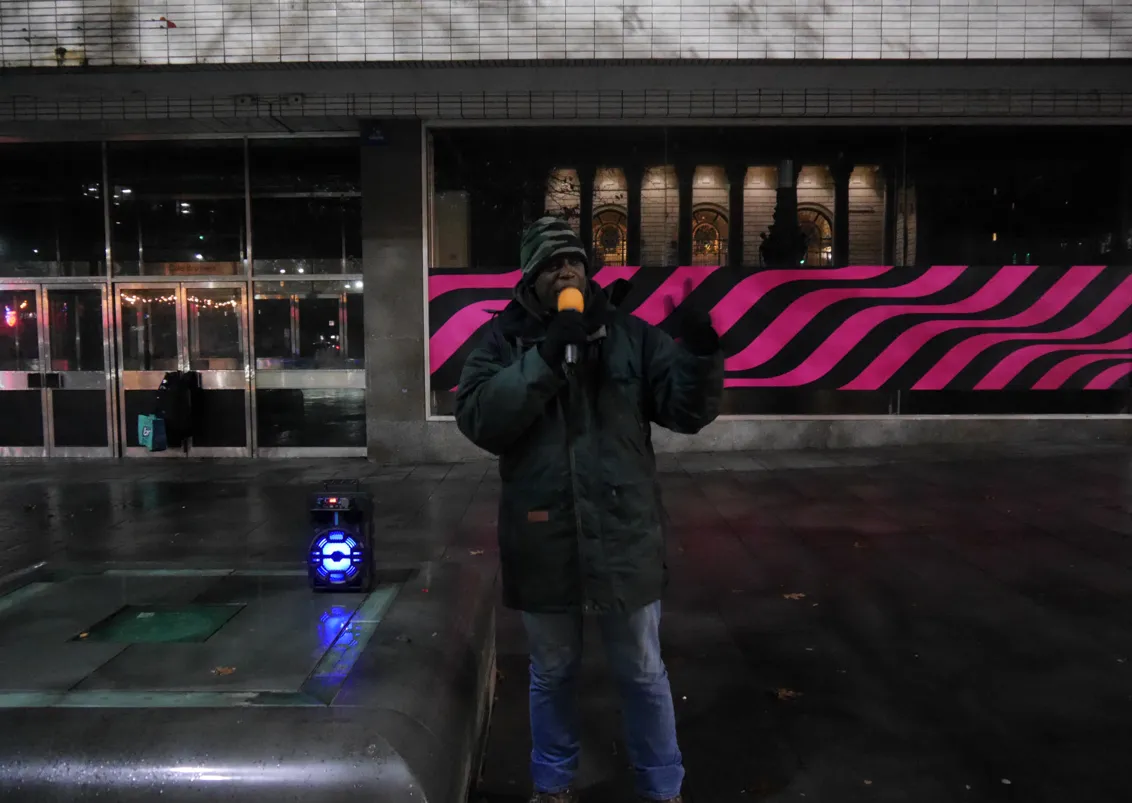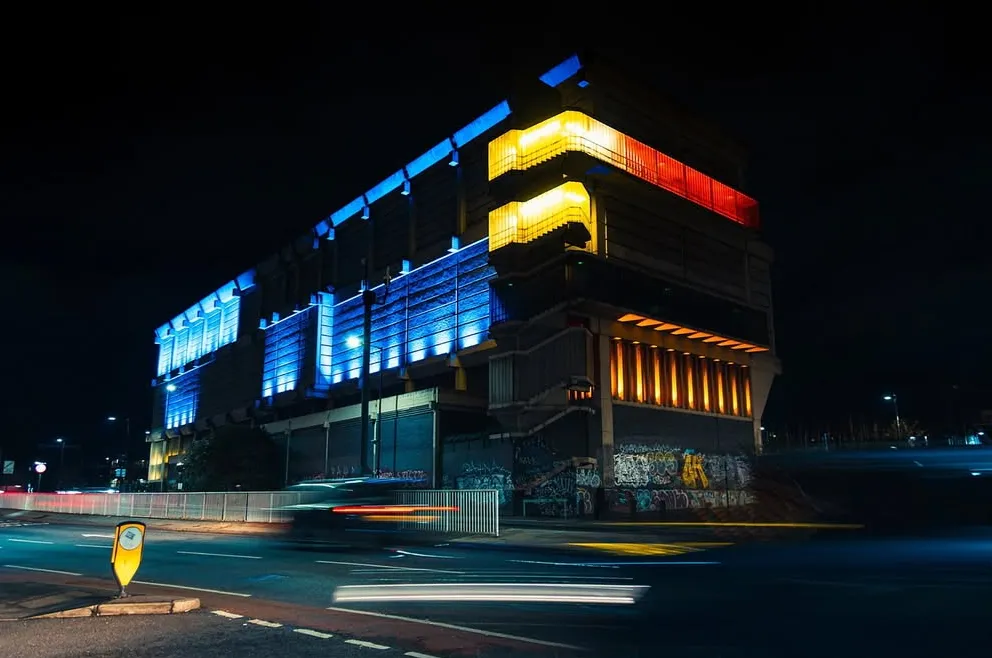Like much of our journalism, this interview with our city's first Reform councillor is for members only, after the first few paragraphs. The only way we can keep doing what we're doing — providing nuanced and thoughtful journalism — is because our lovely members support us. Join today at an incredible discount — roughly a pound a week — to read the full piece.
John Booker, 62, might be Sheffield’s first (and, at least for the moment, only) Reform UK councillor, but it is not his first time in the council chamber. From 2014 until 2019, he represented West Ecclesfield as a councillor for UKIP, another right-wing populist party then led by Reform’s current leader Nigel Farage, which primarily campaigned for Britain to leave the EU. It’s unsurprising that Booker lost his seat in the first local election post-Brexit; after achieving its singular aim, UKIP quickly lost its animating force. What intrigues me, however, is the idea he could have stuck around a bit longer, had he been willing to accept the offer to jump ship to another party.
Booker alleges that, after his re-election as a UKIP councillor in 2016, all three of the main political parties — Labour, the Lib Dems and the Conservatives — courted him to join their ranks. “I was asked to join the Labour party as soon as I walked off stage [at the 2016 count],” he tells me. The councillors who pitched this idea, who he declines to name, even apparently offered him a position on the cabinet if he made the switch.
At first, I think this cannot possibly be true. The idea that the Conservatives would hope to entice a UKIP councillor to join their ranks is perhaps plausible, but the Lib Dems and Labour? It seems like a stretch. Then-Lib Dem group leader, Shaffaq Mohammed, certainly finds the idea laughable, confirming this offer never came from him. “Not sure how a UKIP councillor could move so far along the political landscape to join the Pro-EU Lib Dems,” he says.
Booker, however, insists the offer was made — again refusing to name his attempted recruiter, although he’s happy to confirm it was not Mohammed. “Shaffaq and I didn’t get on,” he says. “I remember when he was elected as an MEP. The next time I saw him [post-Brexit], I said ‘that gravy train you thought you would be on for life, Farage and myself and lots of people like me have derailed it’.” It’s clear Booker takes a dim view of the Lib Dems in general. “They ought to change their name,” he tells me, “they’re not liberal and they’re not democratic. They want to give the power of this country back to a foreign country.” Though he doesn’t claim to have been courted by the Greens, he seems to be slightly more fond of them. “I call them the watermelons — green on the outside and communist red on the inside,” he says. “But I get on great with doo-wally people, probably because I’m slightly on the edge myself.”
Booker was also not a favourite of the then-leader of the Labour group, Julie Dore, making it similarly unlikely that she would have been keen to enlist him. “I used to call her Atilla the Hen,” he says. However, when I attempt to debunk Booker’s claim that he was offered a cabinet position if he agreed to defect to Labour, I’m surprised to find that those familiar with the local party at the time find it entirely possible. Former council leader Bob Johnson, who was then serving on Dore’s cabinet, tells me Booker was “an immensely popular councillor amongst our group”. At least one former Labour councillor, who has since defected to the Community Councillor Group, is allegedly contemplating joining Booker in Reform.
“I did recall quite a few people saying he would make a good Labour councillor but that he was confused,” Johnson tells me. “They might well have offered him a cabinet position.” It helped, he adds, that Booker “didn’t seem to espouse far-right views” the way his UKIP colleagues at the time did. (Johnson didn't give examples, but might have in mind the time former UKIP councillor Jack Clarkson once alleged a Chinese construction firm planning to convert Sheffield Library into a hotel might actually turn it into the “biggest Chinese takeaway the city has ever seen”). “UKIP are painted as villains, but he was not a villain, he did speak quite a lot of sense,” Johnson says. “He was a guy you could quite easily go for a drink with.”
So last week, I made my way to the Acorn pub in Burncross, just up the road from where Booker grew up, to do just that — hoping to understand how a Reform politician could have charmed people on both sides of the political spectrum.
To keep reading, just hit the button below.
Sheffield deserves great journalism. You can help make it happen.
You're halfway there, the rest of the story is behind this paywall. Join the Tribune for full access to local news that matters, just £8.95/month.
SubscribeAlready have an account? Sign In







